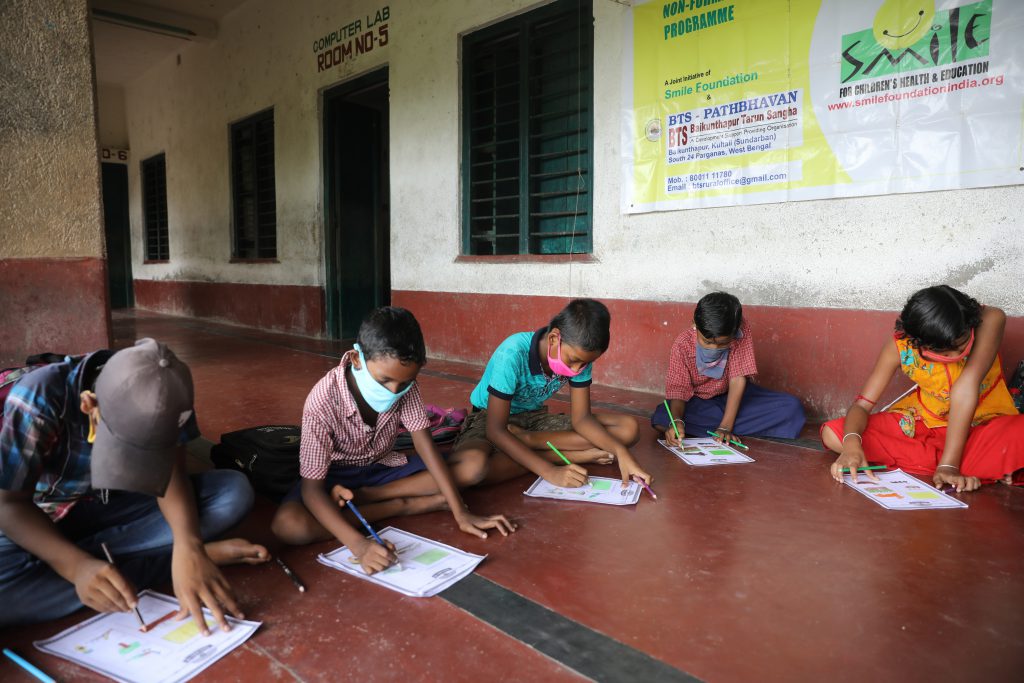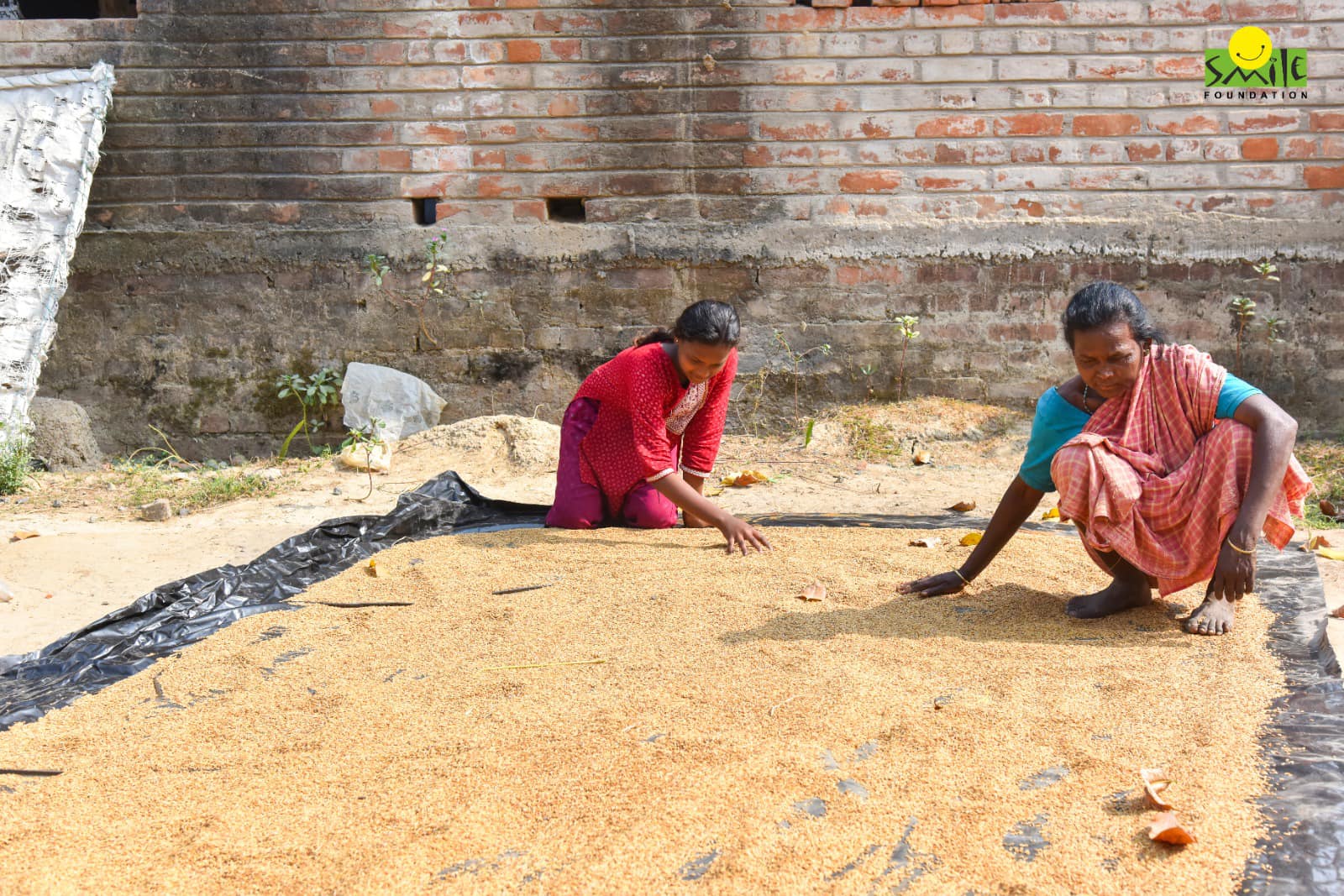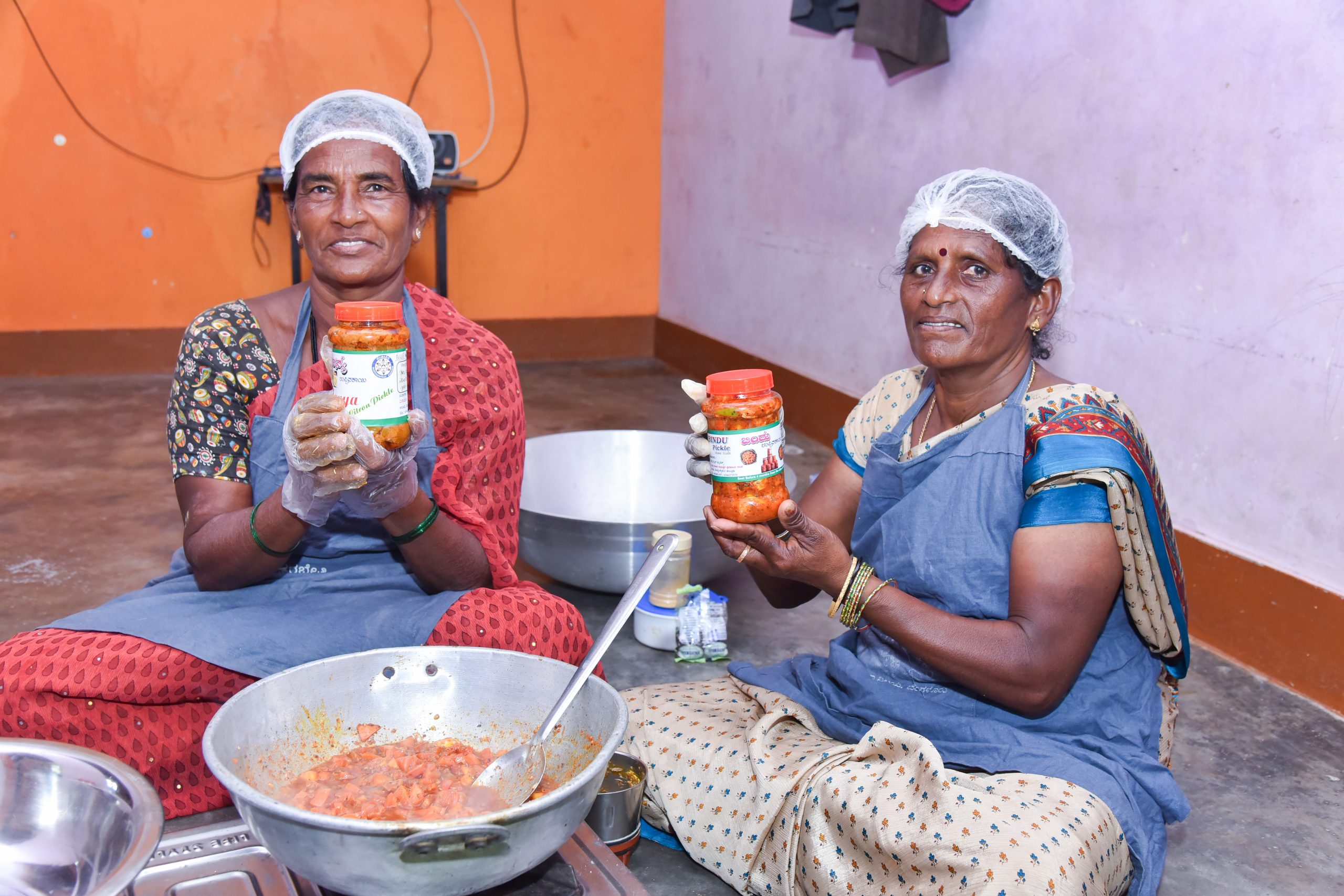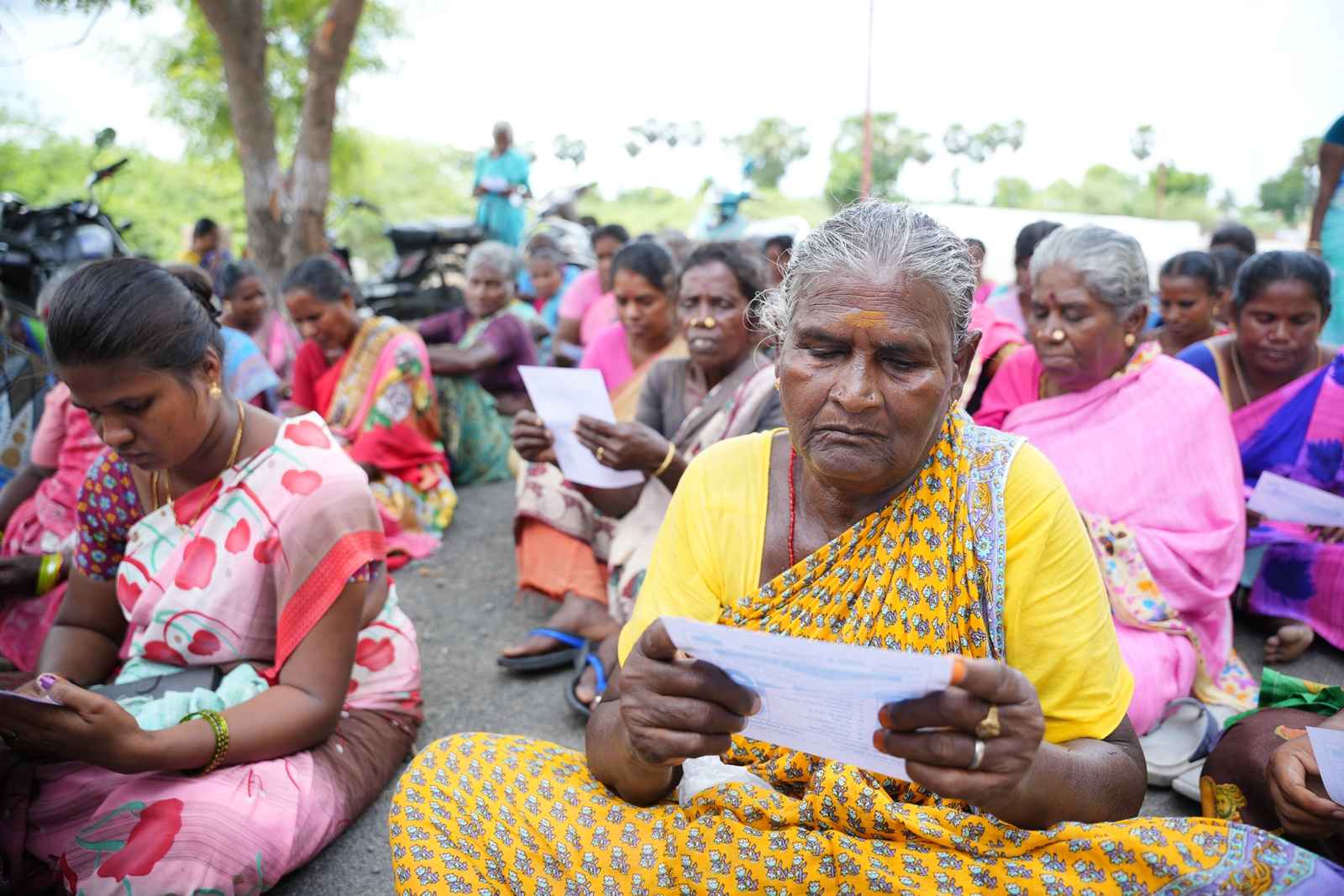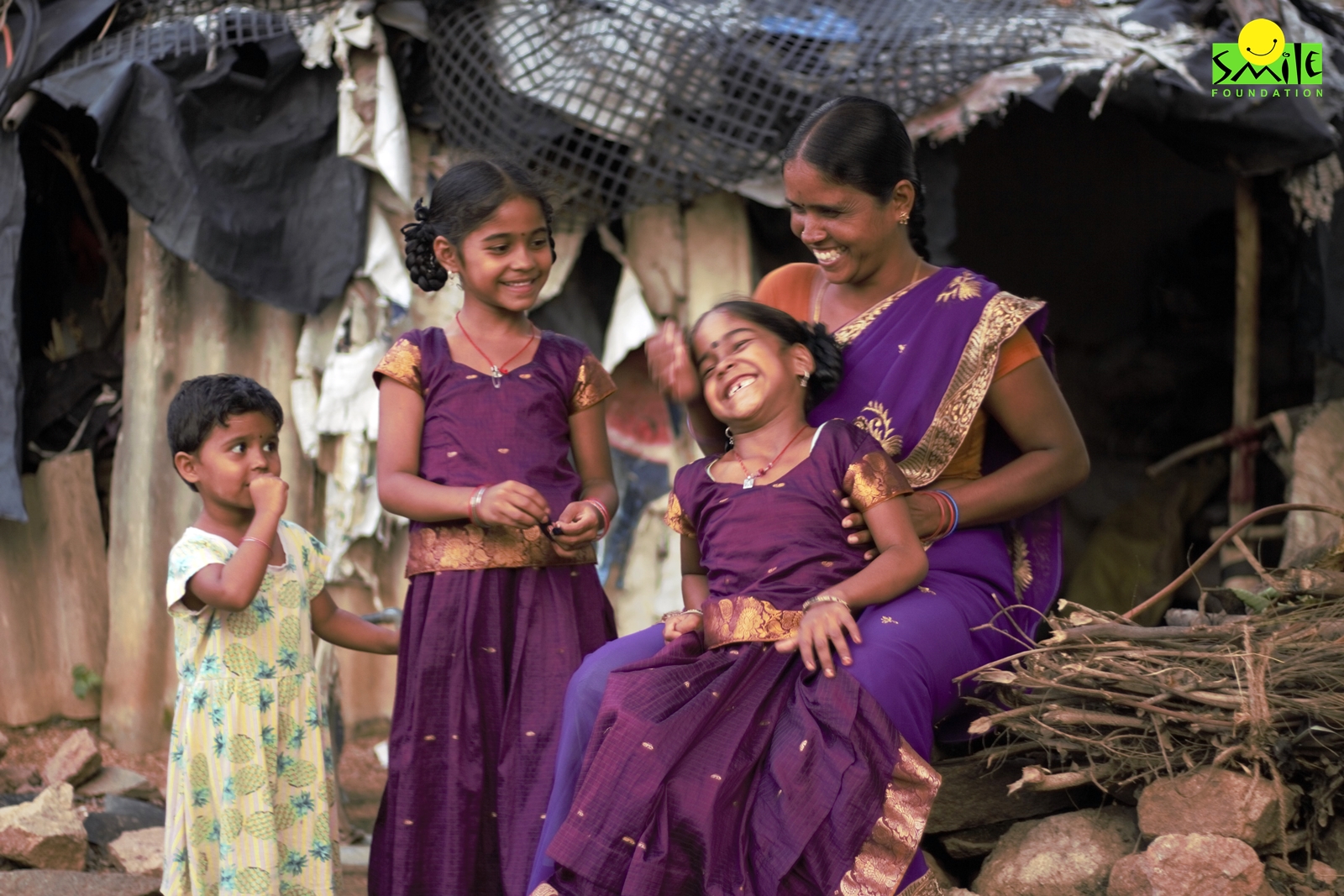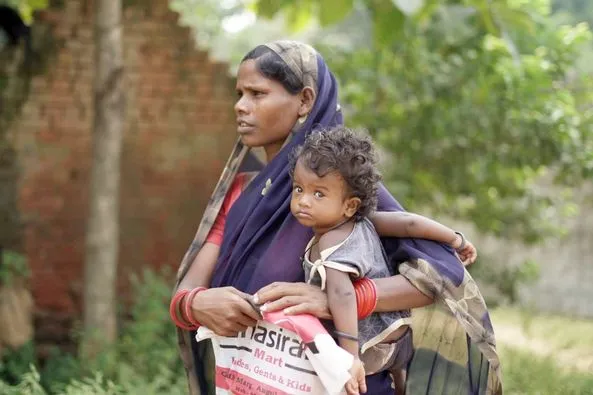The Covid-19 pandemic has led to the closure of institutions and schools subsequently leading to massive gaps in the education of children. In India alone, it has affected the millions of school going children living in rural and urban areas. To aid development from the grassroots it makes the role of NGOs in childhood education all the more important. According to an annual survey conducted by ASER (Annual Status of Education Report) many young children have not joined school. There is a sharp jump in the percentage of out-of-school children in the age- group of 6-10. This has gone up from 1.8% (in 2018) to 5.3% (in 2020) and among all children up to 16 years from 4% to 5.5%.
Why NGOs for Education are Important
The role of NGO for education in a child’s growing years under such grim conditions has become very crucial. There are numerous NGOs which have taken up the onus of education of kids. These NGOs also develop innovations that will improve the quality of primary education. The operations of an NGO in the grassroots level not only includes children attending school. It also helps by involving the community as a whole. There are villages and slums in India where many children are first-generation learners. They belong to underprivileged families of migrant laborers, daily-wage workers and their families seldom understand the importance of education. In such cases the role of an NGO for childhood education becomes important. They help sensitize families, involve the community and encourage the out of school children to go back to school.
Smile Foundation’s work in Education
Smile Foundation an NGO in India has been working in the field of education since the year 2002. The organization has so far benefitted more than 232,000 underprivileged children from underprivileged communities, reaching children in small villages of Nagaland to the urban slums of Mumbai and Delhi. Smile Foundation volunteers and community workers sensitize parents of children and community members.
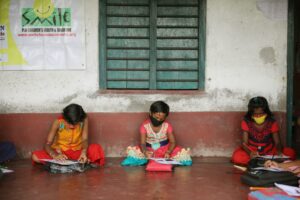
The vision of Smile Foundation is to work as a catalyst in bringing sustainable change in the lives of underprivileged children and their families, with a life-cycle approach of development. Through its intervention Mission Education the organization has been able to bring many underprivileged children under the folds of education. These children are currently unable to attend formal schools due to poverty, inaccessibility, health issues, etc. The Mission Education centers also aid in the development of other learning skills for example gardening, keeping the environment clean. There are many Mission Education centers which provide inclusive education to children with special needs. Special emphasis is given on girl child education and women education, so that they and their families get empowered.
The pandemic and the subsequent lockdown affected the education of many children who study in the Mission Education centers of Smile Foundation. To mitigate the crisis the Shiksha Na Ruke initiative was introduced recently which is providing underprivileged children access to continuous learning through the online mode.
Role of NGOs in child education is very important. To fulfil the same, proper support, resources and mobilization of the local communities is required to bring about a great change in the field of primary & secondary education in India.



